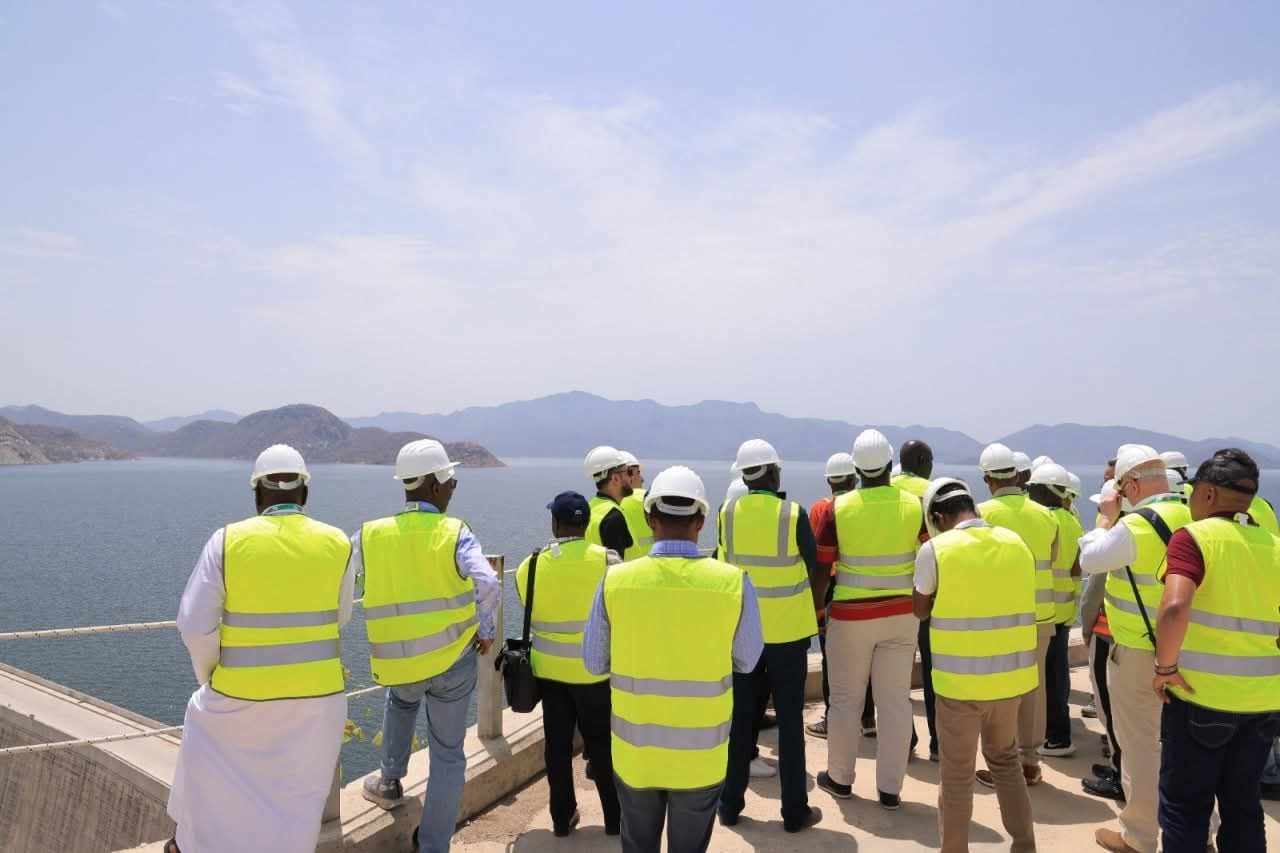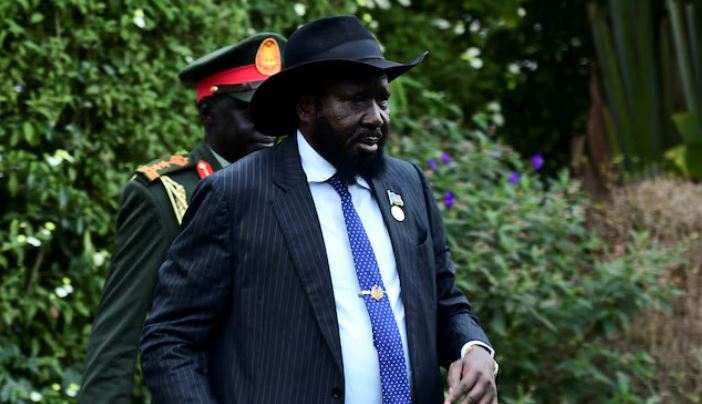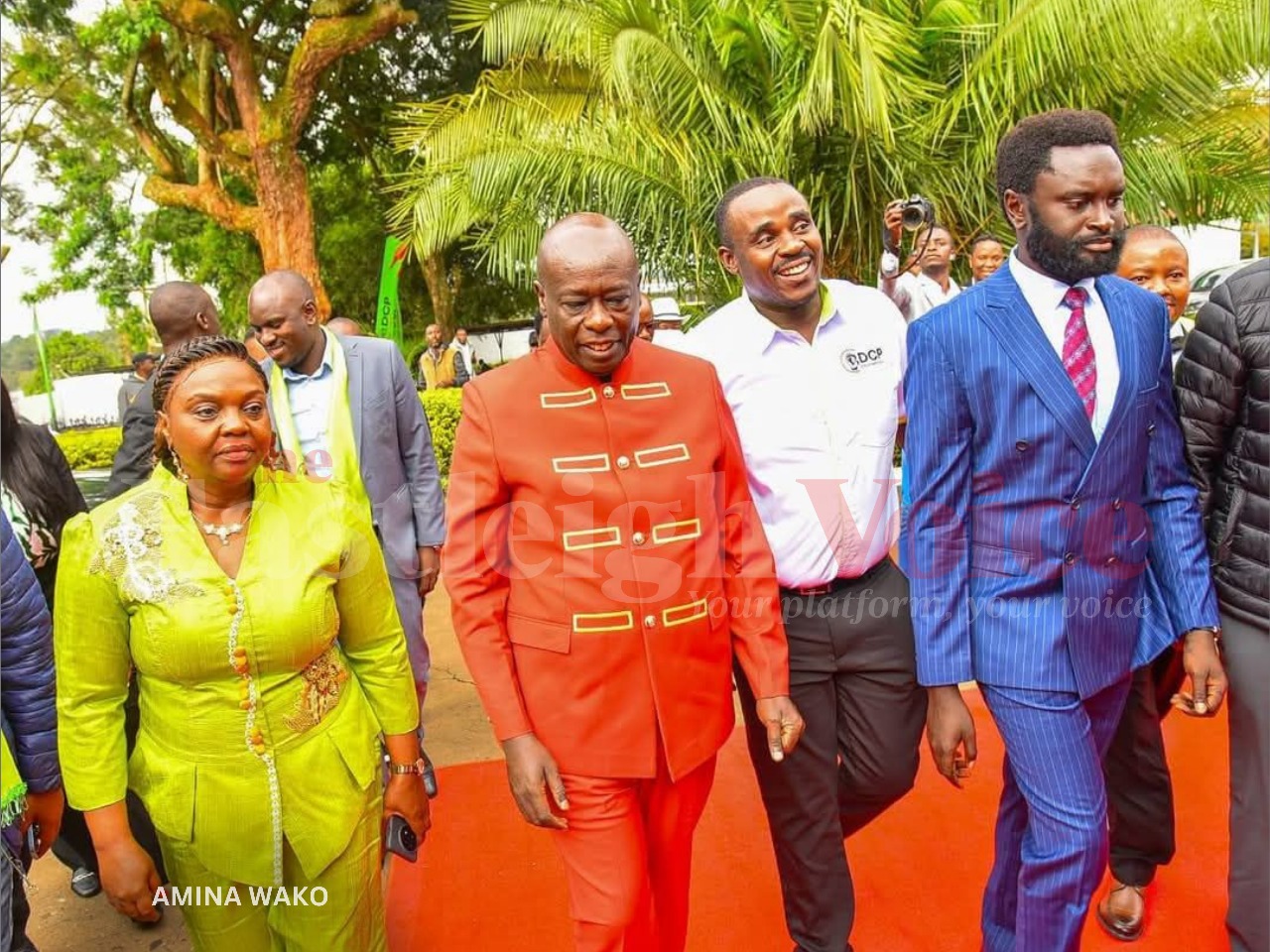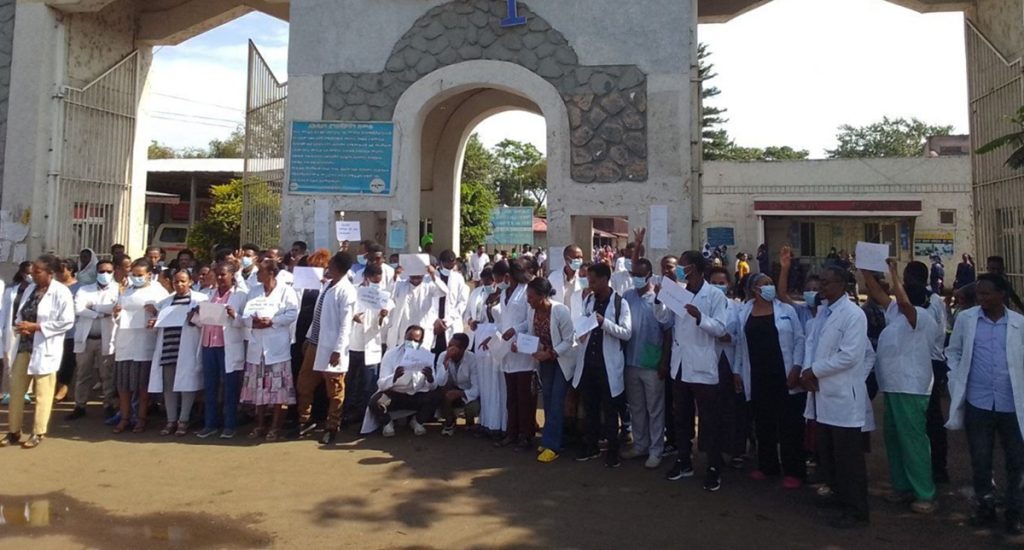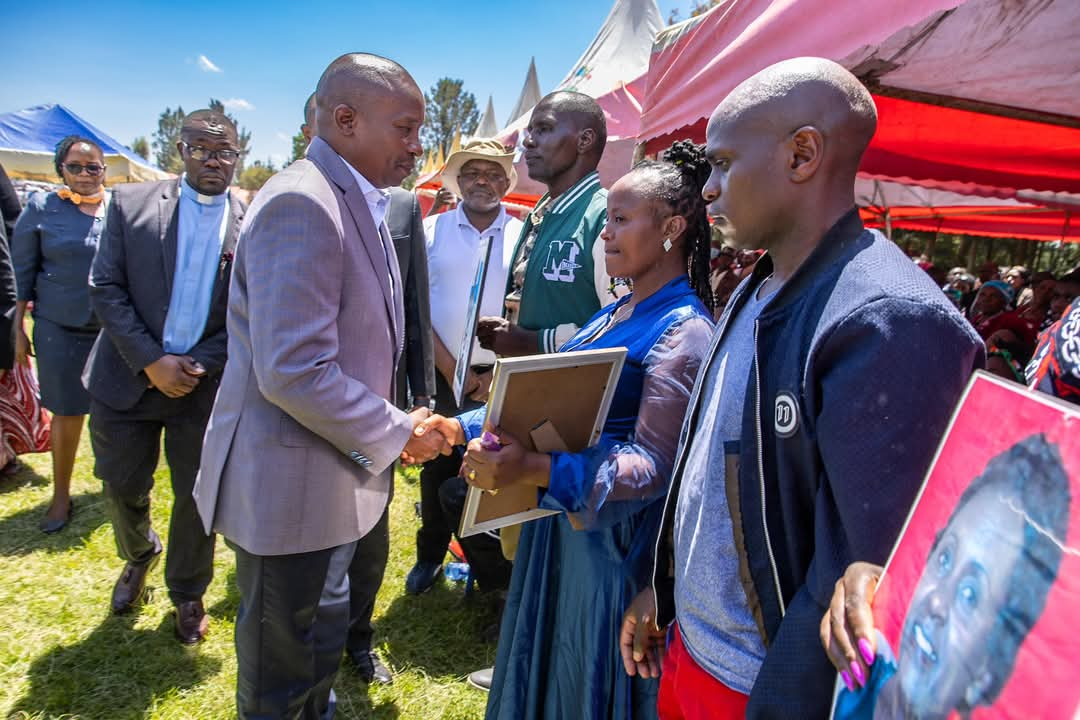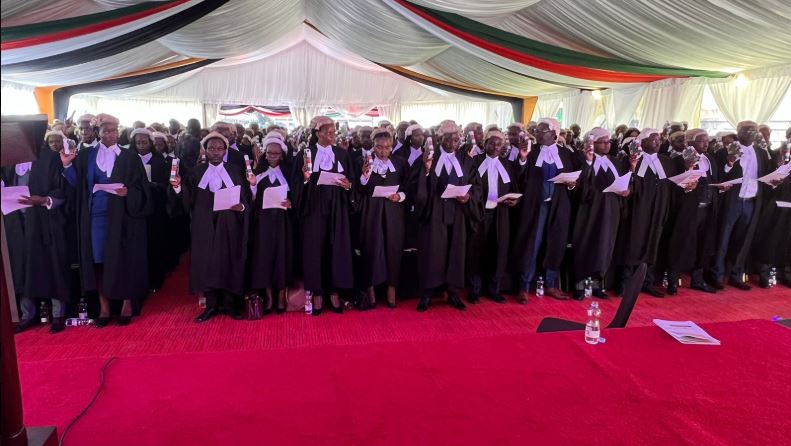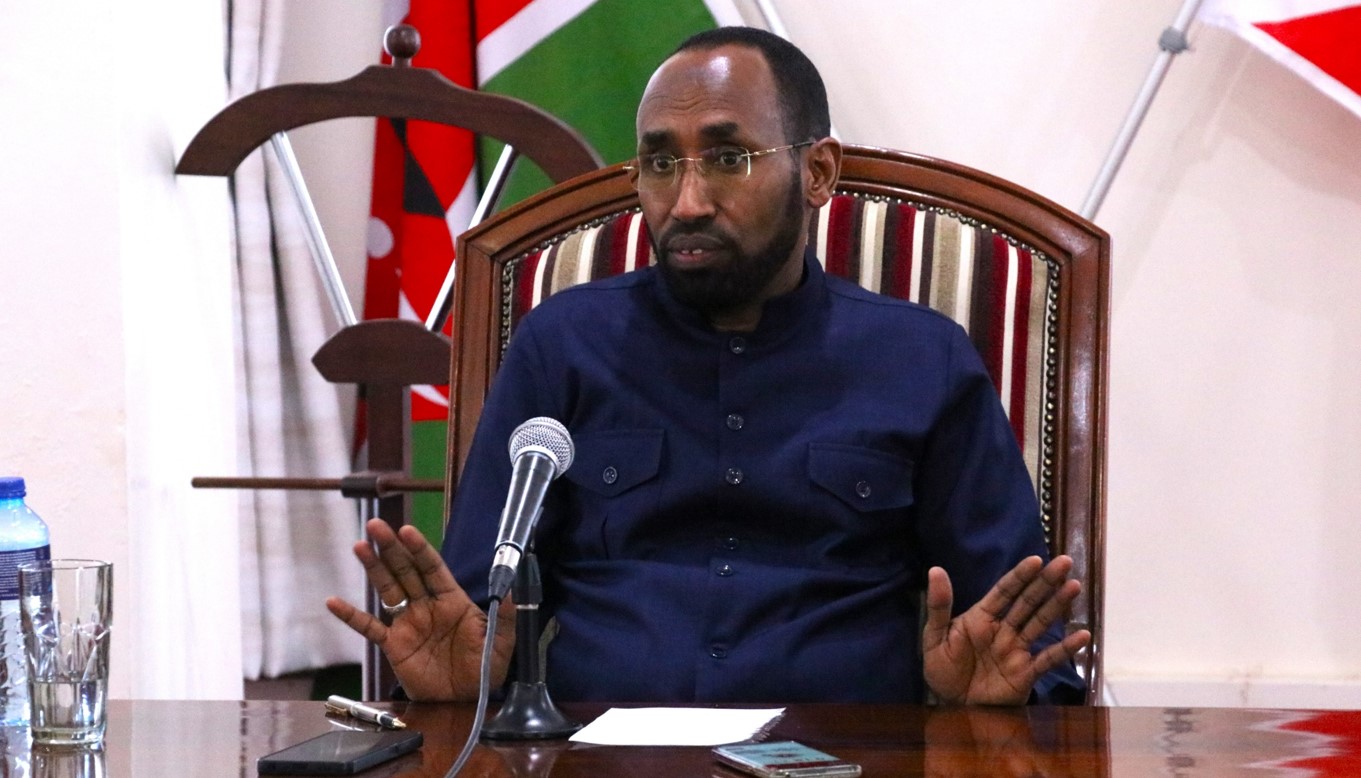How garbage collection offers hope to Nairobi’s street families
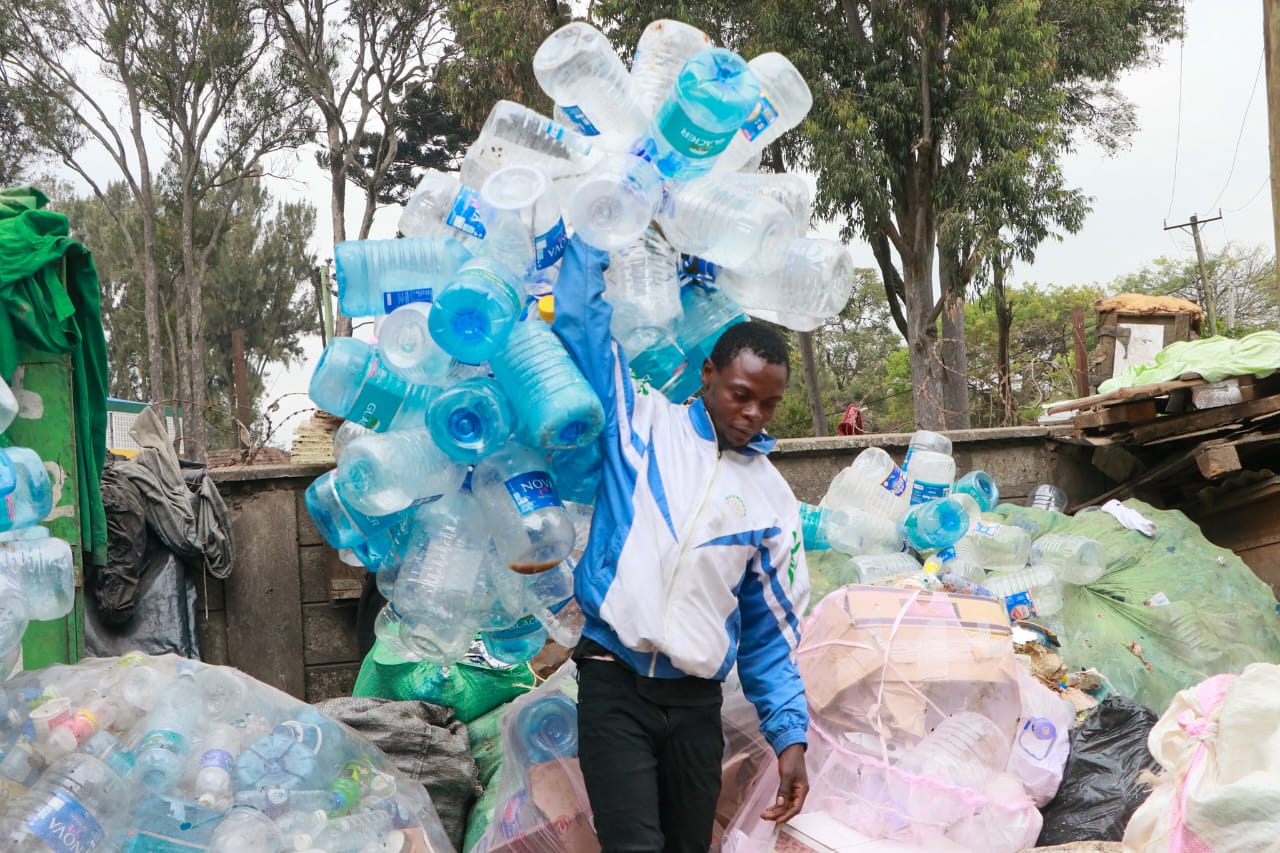
Nelson, like his counterparts, earns up to Sh200 each day, which he says has helped them avoid the pitfalls of drug abuse and crime.
Nelson Mutonyi is sorting through piles of plastic to manage a large heap of garbage that was delivered to the yard.
For over 10 years, he and his friends have been making a living from collecting trash in Eastleigh.
More To Read
- How Eastleigh’s BBS Mall, region’s largest shopping complex, attracts crowds with ‘Mini-Dubai’ vibe
- How Sixth Street has transformed to become Eastleigh's leading vegetable market
- Eastleigh hawkers suffer losses as heavy rains halt trade for third straight day
- Waudo Street never sleeps: Inside Eastleigh’s vibrant night food and game scene
- Eastleigh SIM-swap heist: How suspects used stolen IDs, fake bank accounts to steal Sh3.2m
- In Eastleigh’s Somali cafés, spiced milk coffee is a sip of home and heritage
On Tuesday morning, when the Eastleigh Voice met him and his colleagues at the California trash point, he was preparing sorted plastics for delivery to recycling factories in the Industrial Area.
"Collecting trash has been an integral part of my life for over a decade. "We collect, sort and ensure that the environment here is clean," said Nelson.
Nelson, like his counterparts, earns up to Sh200 each day, which he says has helped them avoid the pitfalls of drug abuse and crime.
"Through this work, we are able to feed ourselves and avoid engaging in drugs and crime that have led to the destruction of many young people," he narrated.
Despite being homeless and spending their time under and behind the lorries parked next to the garbage point, Nelson remains optimistic that they will overcome their challenges.
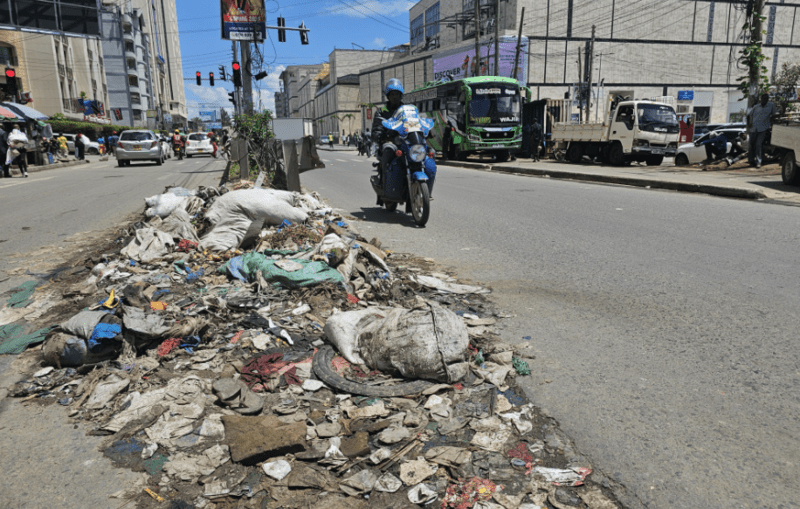 Garbage dumped on the General Waruinge Street in Eastleigh, Nairobi. (Photo: Abdirahman Khalif)
Garbage dumped on the General Waruinge Street in Eastleigh, Nairobi. (Photo: Abdirahman Khalif)
"You know it's tough here because there are times when business is low," he says. "The companies taking trash from us sometimes shut down or cannot operate."
Nelson told the Eastleigh Voice that many young people involved in garbage collection come from communities plagued by stigma, poor health, and illiteracy.
He noted that these communities often see a large portion of their population resorting to drug and substance abuse, crime, and other socially unacceptable means of income, such as commercial sex.
Their garbage collection point is one of several in Nairobi supported by the Undugu Society, an organisation focused on informal settlements.
The society is dedicated to challenging development practices that lead to human inequality and discrimination.
Undugu Society promotes human development models that challenge systemic barriers, aiming to improve access to social and economic opportunities for vulnerable youth, children, and women.
"We resist programming, financing, budgeting and practices that generally exacerbate the state of homelessness and motivate hopelessness in Kenya. We know how difficult it is for someone without a place they call home and sometimes without identity. The intersection of violence meted upon those considered homeless, often referred to as street-connected communities, is extremely horrendous," notes the organisation on its website.
Top Stories Today


